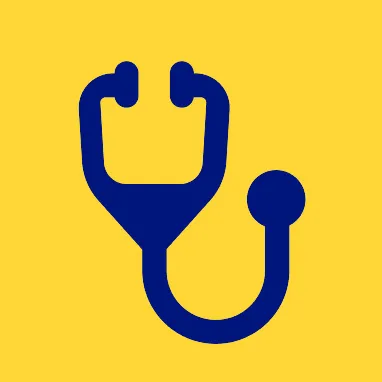Your hands are prime targets for eczema triggers like dry winter air or hot summer days. And flares on your fingers can be itchy and painful. So give these parts of you a little extra TLC.
Symptoms of Hand Eczema
Eczema causes itchy skin that’s red or dark brown. When it’s on your hands, you might also notice:
- Pain
- Burning
- Dryness, peeling, and flaking
- Swelling
- Cracks
- Blisters
- Pus or crusts
- Bleeding
Common Types of Eczema on Hands
A few types of eczema can affect your hands, depending on the cause:
- Irritant contact dermatitis (or irritant eczema) happens when you come into contact with something that irritates your skin, like dust or chemicals. You might even get it after washing your hands a lot. These things can cause problems with the protective barrier of your skin, leading to eczema.
- Allergic contact dermatitis (or allergic eczema) is caused by an allergic reaction to something around you. Common causes include nickel, fragrances, rubber, and certain plants.
- Dyshidrotic dermatitis (or pompholyx eczema) causes itchy, watery blisters, usually on your palms and the sides of your fingers. You can have this along with a different kind of eczema in another spot on your body. It may come in cycles and is most common before age 40. Doctors aren’t sure what causes it. But things like metals, allergies, stress, heat, and sweating can make it worse.
Lifestyle Tips for Hand Eczema
Find the cause.
Ask your doctor if they can do a “patch test” to learn what may be triggering your symptoms. They can also help you figure out if something in your day-to-day life, like at work, makes things worse and what you might do differently.
Cut back on handwashing.
Wash your hands only when they're dirty or have germs, like after you use the bathroom. Each time you wash up, you rinse away some of the nourishing oils that your skin makes.
Also, be picky when you choose soaps because some have harsh chemicals. Look for products that don’t use the word “soap” but instead say “mild cleansing bars” or “lipid-free cleansers.” These are gentler on sensitive skin.
Before you suds up, take off your rings. They can trap irritants next to your skin. Rinse your hands with lukewarm water, pat them dry, and moisturize before you put rings back on.
Be sure to dry carefully between your fingers and under rings, where soap residue can linger and skin is more likely to dry or crack.
Stay dry.
You can also go waterless when washing your hands: Rub your usual cleanser between dry hands and blot it off with a soft towel.
Try to avoid hand sanitizers and waterless cleansers with irritating ingredients like alcohol or solvents.
Love the gloves -- for a little while.
Use protective cotton-lined gloves when you’re doing housework or using cleansers and chemicals. Latex gloves can cause allergic reactions, so it’s best to avoid them. Don’t wear waterproof gloves for too long, though. They can make your hands sweat and lead to an itchy eczema flare-up.
Wear disposable gloves when handling foods like citrus, tomatoes, onions, chilis, garlic, peppers, or meat.
Manage cracks on your hands.
If a flare-up makes the skin on your hands crack and bleed, try the “soak and smear” technique.
- Soak your hands in lukewarm water for 5 to 10 minutes and then pat them dry.
- Apply plain petroleum-based ointment all over your hands and put on cotton gloves. Glycerin-based ointments also help heal dry, cracked skin.
- Wear the gloves for at least 30 minutes.
Do this twice a day. If it’s hard to do at work, make sure you moisturize often.
Dial back the shower power.
A long, hot shower may sound like your idea of heaven, but it's anything but paradise for your skin. Instead, take short, lukewarm showers each day or every other day to help prevent dry skin. Use mild, soap-free cleansers or body washes that have moisturizer.
After your shower, pat your skin dry instead of rubbing. Apply a rich moisturizer while you’re still slightly damp. Look for cleansers and moisturizers that are “fragrance free.” Ingredients that give products a scent can trigger eczema flare-ups.
